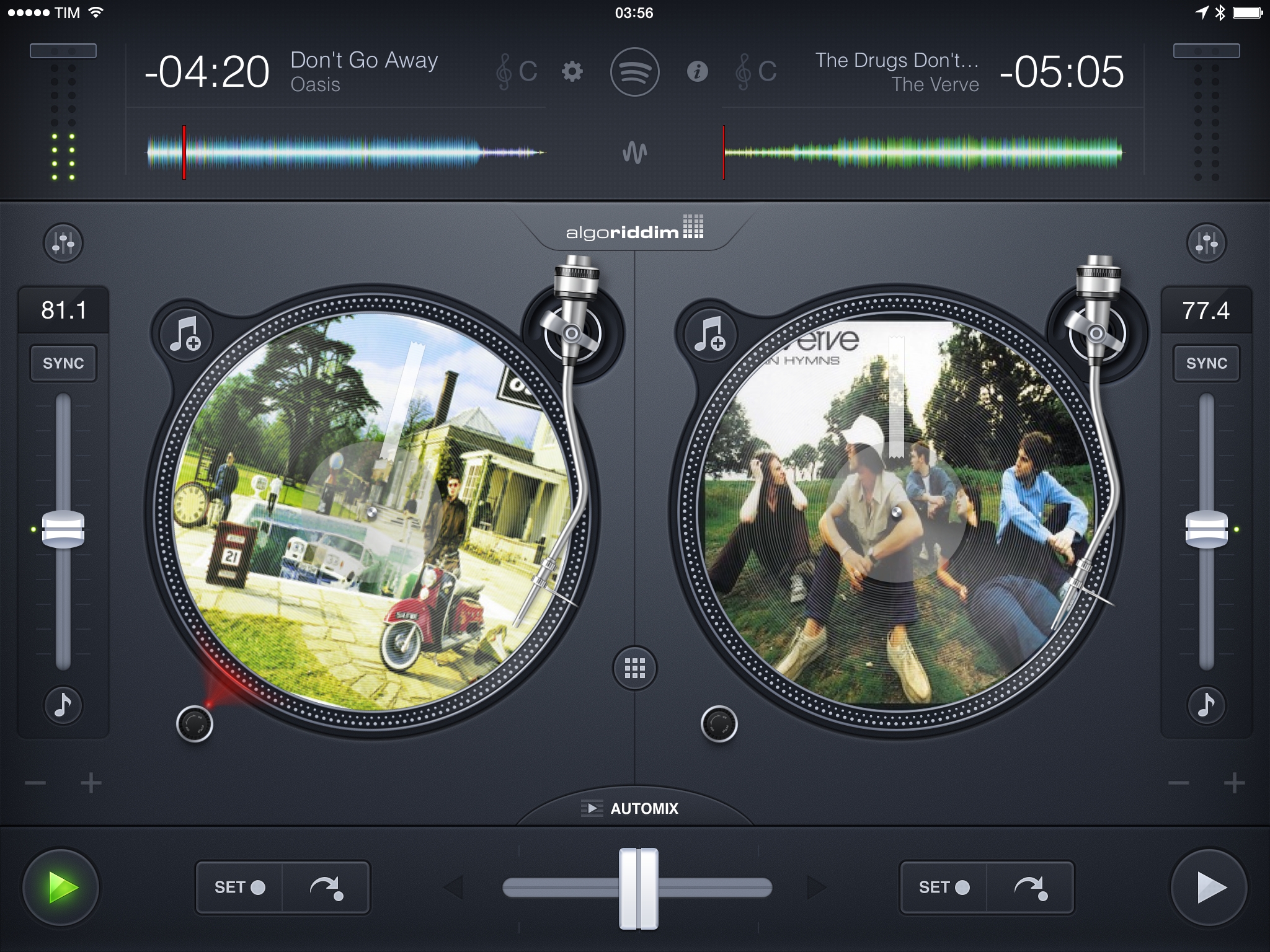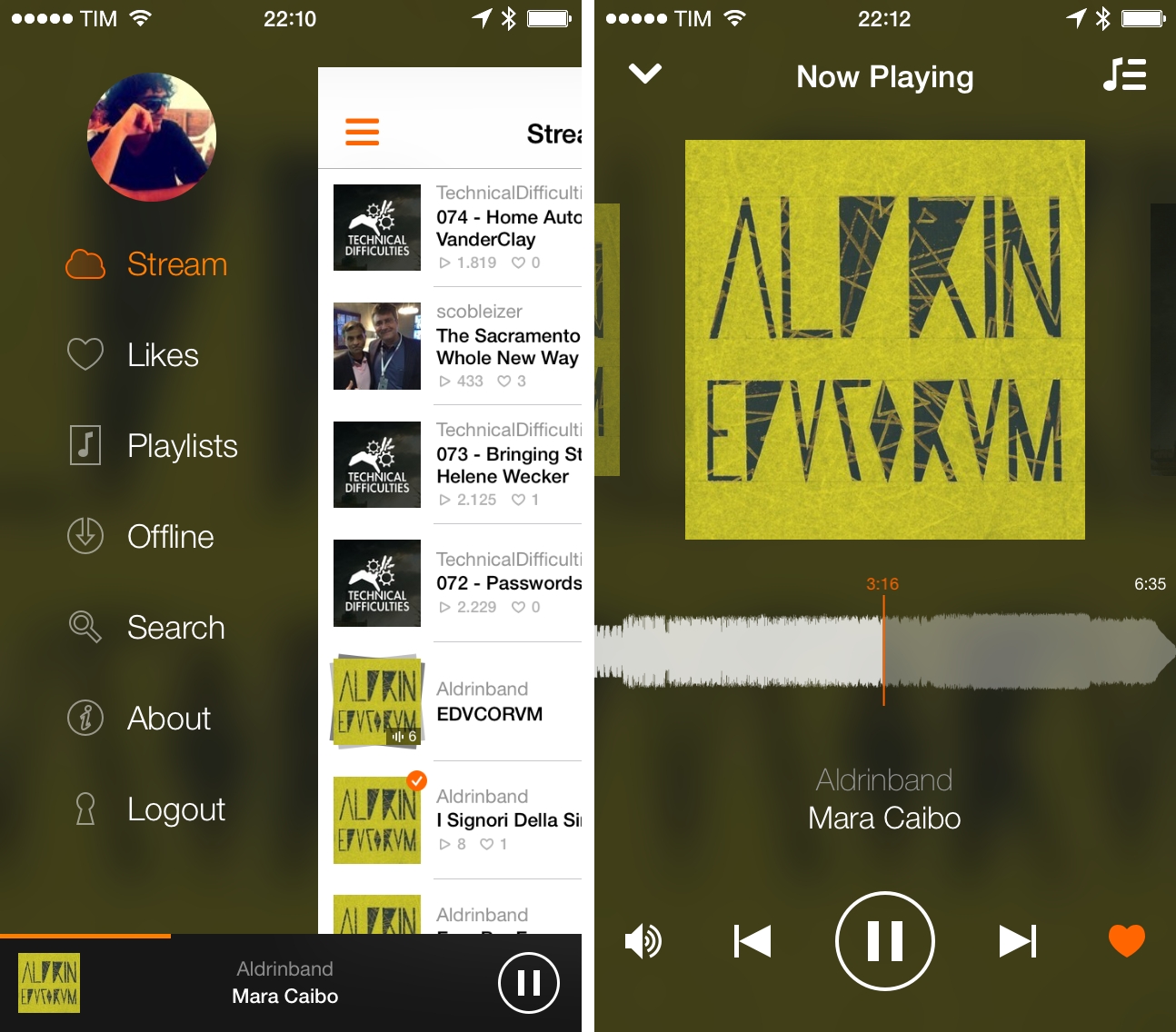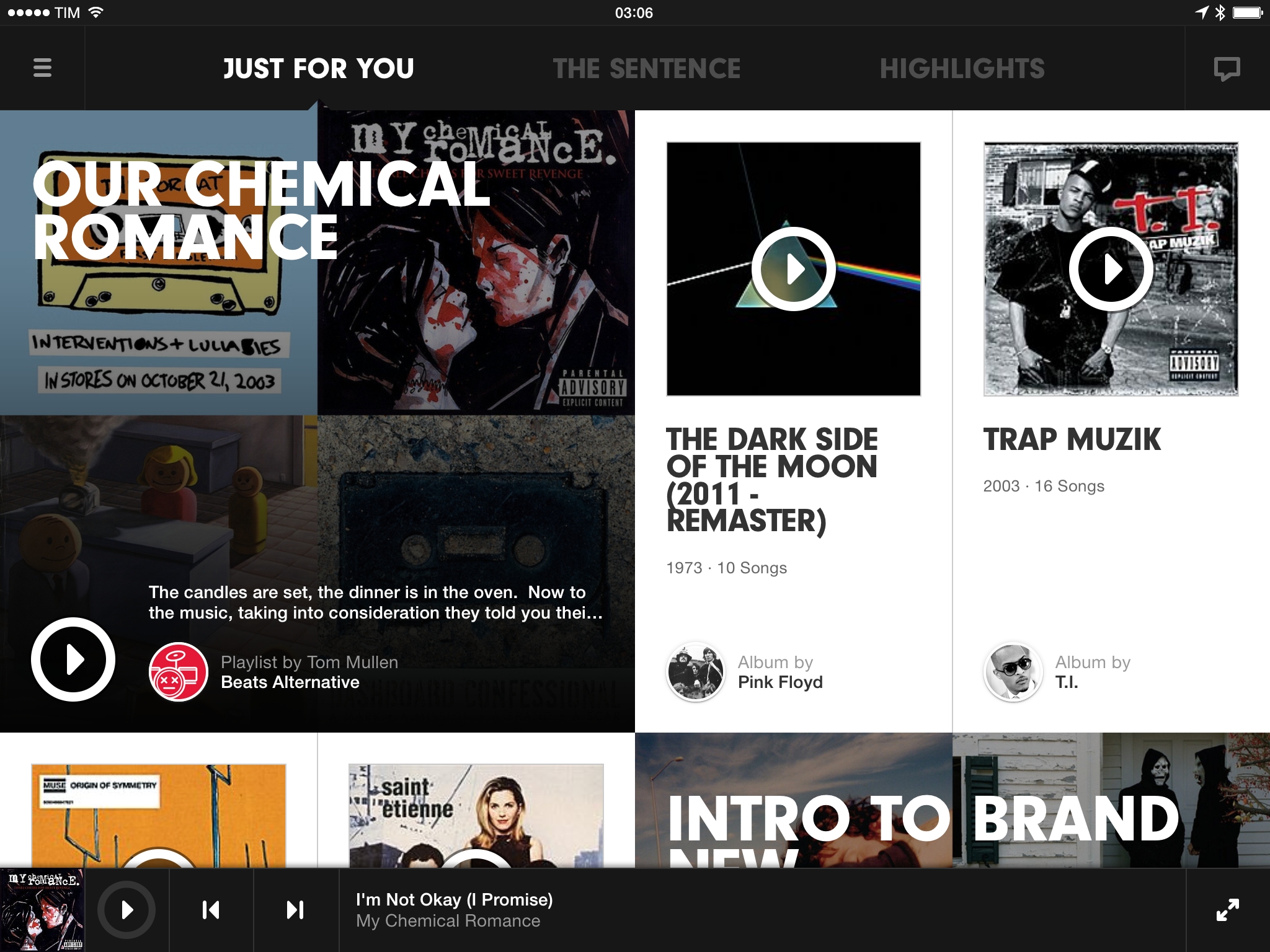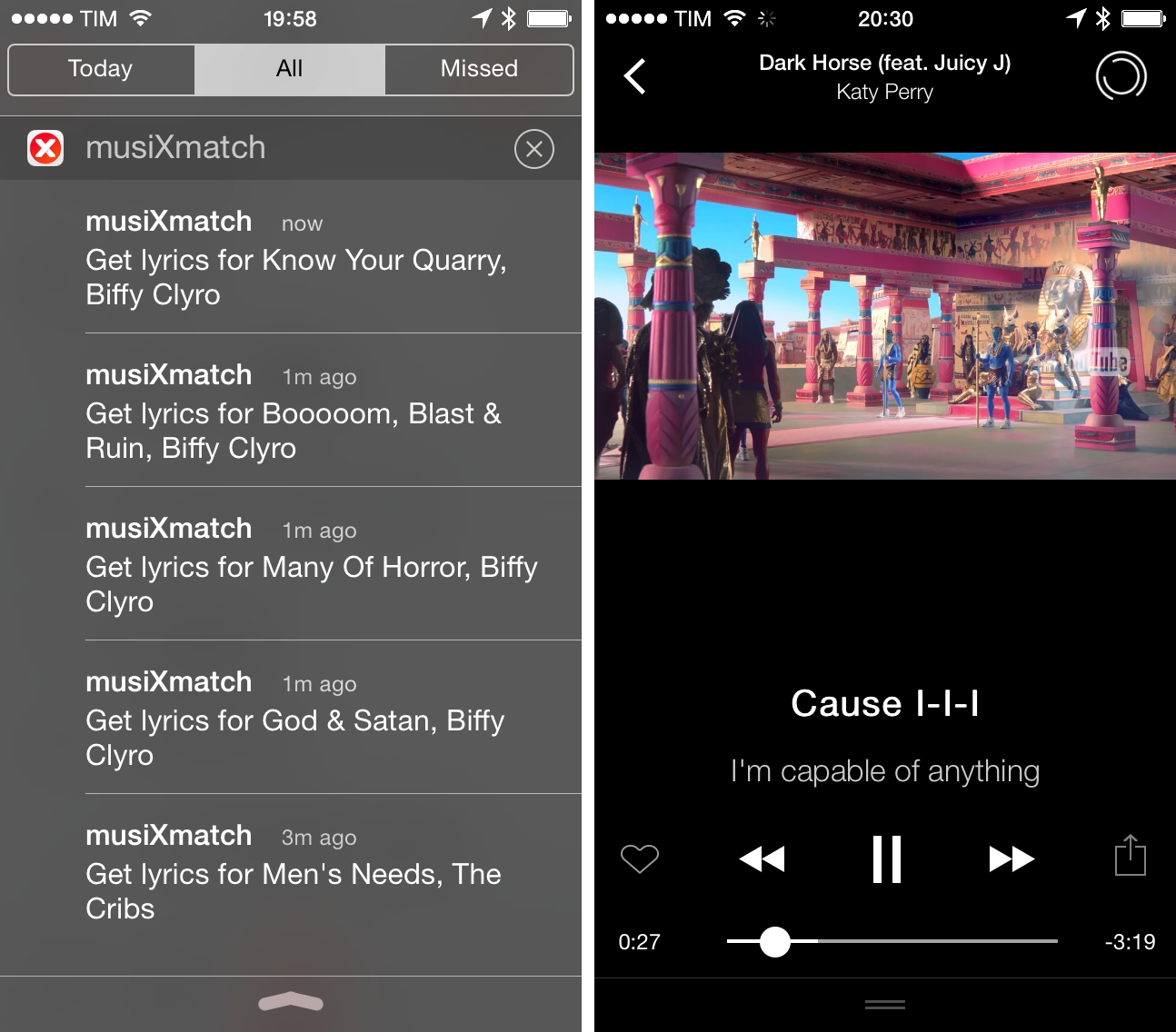Yinka Adegoke, writing for Billboard:
Two of music’s most successful brand marketers, Jimmy Iovine and Dr. Dre, are in the hot seat as label sources grouse that the first 100 days of the duo’s subscription streaming service, Beats Music, has been a disappointment and soon will face competition on the mobile platform when Sprint begins bundling Spotify with its “Framily” plans.
According to Beats Music CEO Ian Rogers, the company is doing fine and the problem has been converting iOS users to paid subscriptions.
I still believe that the human curation Beats is doing for music recommendations offers great value, but the service needs to be available internationally and on more platforms. Spotify is available in several countries outside the United States, has desktop and mobile apps, and, more importantly, it has mindshare after years of existence. For some people, Spotify is synonym of “legal music streaming” (when I was using Rdio, I would always introduce it to my friends as “an app like Spotify”).
If Beats Music doesn’t want to offer a free plan, they should aim at people willing to pay for streaming services through new software, international rollouts, and exclusives. Last week, they released an update to their iPhone app with better social integrations and App Store subscriptions. iTunes will undoubtedly make it easier to subscribe to Beats Music, and I’m hoping that the company will find a way to grow its userbase quickly without compromising on the original vision.





